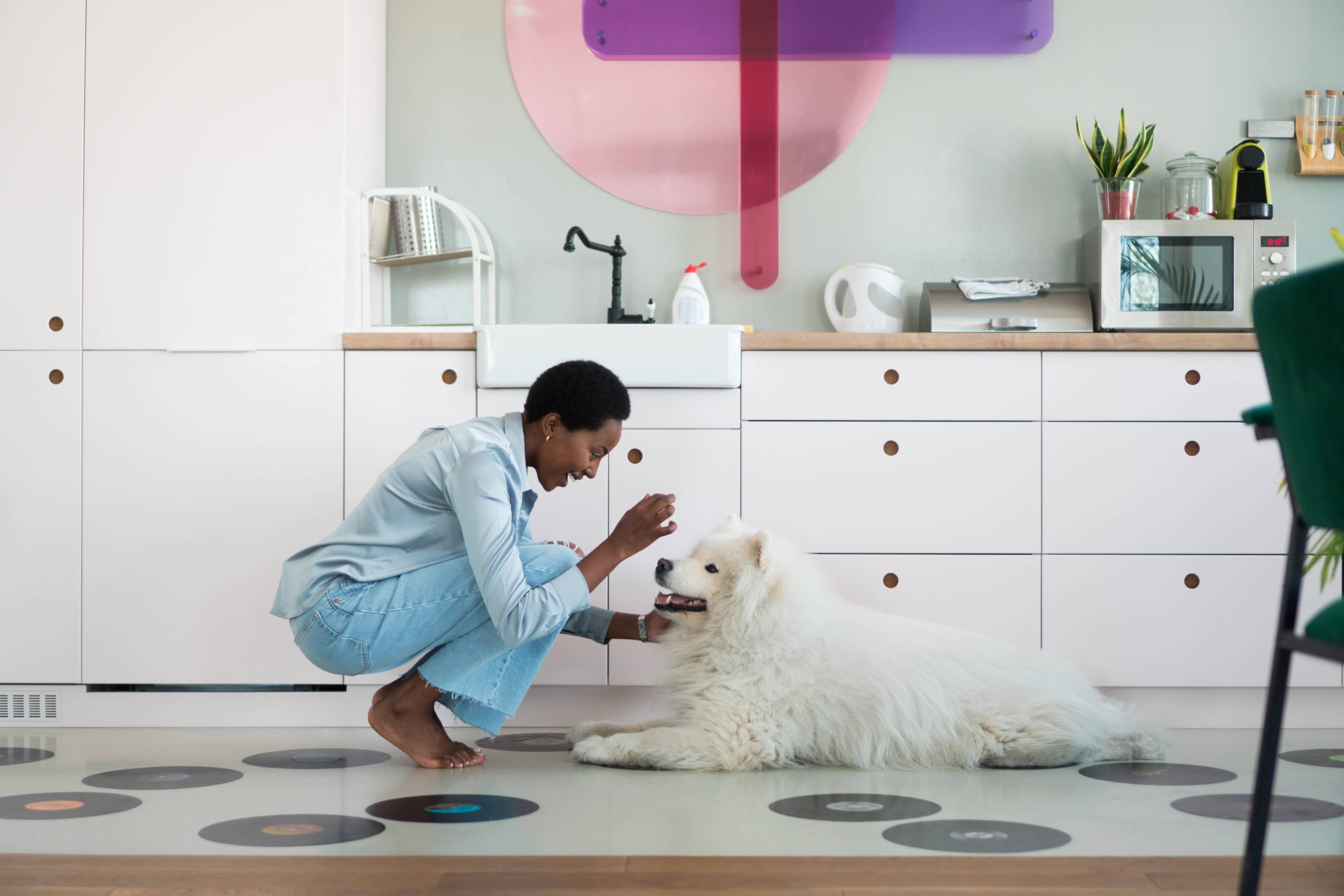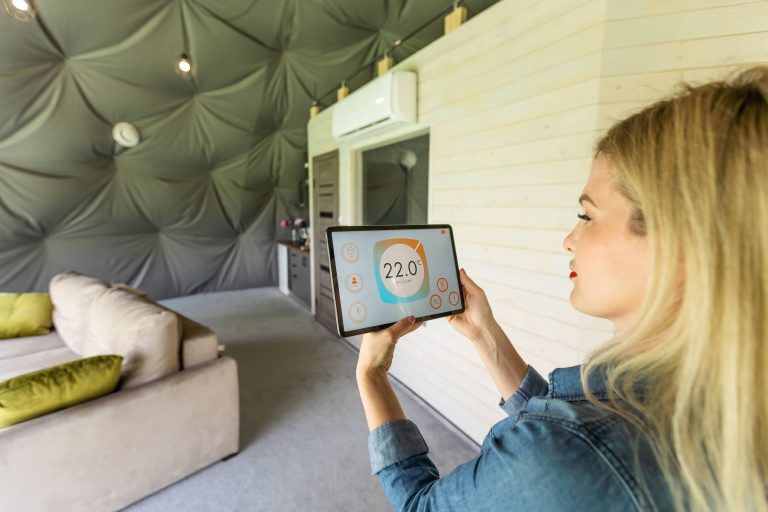
As our beloved pets age, their needs and preferences evolve, much like ours do. Creating a cozy and comfortable environment for elderly pets is not just about maintaining their physical health but also about ensuring their emotional well-being. This blog post will guide you through the essentials of crafting a nurturing space for your senior furry friends, ensuring they enjoy their golden years to the fullest.
Understanding the Needs of Elderly Pets
Elderly pets, much like elderly humans, experience a range of physical and cognitive changes. They may suffer from arthritis, reduced vision or hearing, and a general decline in energy levels. Understanding these changes is crucial in adapting their environment to meet their new needs.
1. Comfortable Bedding: As pets age, they often develop joint issues such as arthritis. Providing them with orthopedic or memory foam beds can significantly alleviate discomfort. These beds offer the necessary support and cushioning, reducing pressure on their joints and ensuring a restful sleep.
2. Accessible Spaces: Mobility can become a challenge for older pets. Ensure that their favorite spots are easily accessible. This might mean adding ramps or steps to help them reach higher places like couches or beds. For cats, consider lower climbing structures or easily accessible perches.
3. Temperature Control: Elderly pets are more sensitive to temperature changes. Ensure their environment is neither too hot nor too cold. Providing heated beds or blankets during colder months and ensuring a cool, shaded area during summer can help maintain their comfort.
Enhancing Safety
Safety is paramount when it comes to elderly pets. As their senses decline, they may become more prone to accidents.
1. Non-Slip Surfaces: Slippery floors can be hazardous for pets with mobility issues. Consider placing rugs or non-slip mats in areas where your pet frequently walks. This will provide them with the necessary traction and prevent falls.
2. Clear Pathways: Keep pathways clear of clutter to prevent tripping or bumping into objects. This is especially important for pets with vision impairments. Ensure that their food, water, and litter areas are easily accessible and free from obstacles.
3. Secure Outdoor Areas: If your pet enjoys spending time outside, ensure that your yard is secure. Fences should be checked regularly for gaps or weak spots. Additionally, supervise outdoor time to prevent any accidents or escapes.
Stimulating the Mind
Cognitive decline is a common issue in elderly pets. Keeping their minds active is essential for their overall well-being.
1. Interactive Toys: Invest in toys that challenge your pet’s mind. Puzzle feeders or treat-dispensing toys can keep them engaged and mentally stimulated. Rotate toys regularly to maintain their interest.
2. Gentle Playtime: While your pet may not have the energy for vigorous play, gentle activities can still be enjoyable. Short, gentle walks or light fetch games can keep them active without overexerting them.
3. Social Interaction: Elderly pets still crave companionship. Spend quality time with them, whether it’s through petting, grooming, or simply sitting together. This interaction can provide comfort and reduce anxiety.
Nutrition and Hydration
Proper nutrition is vital for maintaining the health of elderly pets. Their dietary needs may change, requiring adjustments to their feeding routine.
1. Specialized Diets: Consult with your veterinarian about the best diet for your senior pet. They may recommend food that supports joint health, weight management, or digestive health.
2. Hydration: Ensure your pet has access to fresh water at all times. Older pets may be more prone to dehydration, so consider placing multiple water bowls around the house.
3. Regular Feeding Schedule: Maintain a consistent feeding schedule to help regulate their digestion and metabolism. Smaller, more frequent meals may be beneficial for some pets.
Regular Health Check-Ups
Regular veterinary visits are crucial for monitoring the health of elderly pets. Early detection of health issues can lead to more effective treatment.
1. Routine Exams: Schedule regular check-ups with your vet to monitor your pet’s health. These exams can help detect issues such as dental problems, arthritis, or organ dysfunction early on.
2. Medication Management: If your pet is on medication, ensure that you follow the prescribed schedule. Keep track of any side effects and communicate with your vet if you notice any changes in your pet’s behavior or health.
3. Vaccinations and Preventatives: Keep your pet’s vaccinations and preventative treatments up to date. This includes flea, tick, and heartworm preventatives, which are essential for their health.
Conclusion
Creating a cozy environment for your elderly pet is a labor of love that requires attention to their changing needs. By focusing on comfort, safety, mental stimulation, nutrition, and regular health care, you can ensure that your furry friend enjoys their senior years in a warm and nurturing space. Remember, the love and companionship they have given you over the years deserve to be reciprocated with the best care possible.







